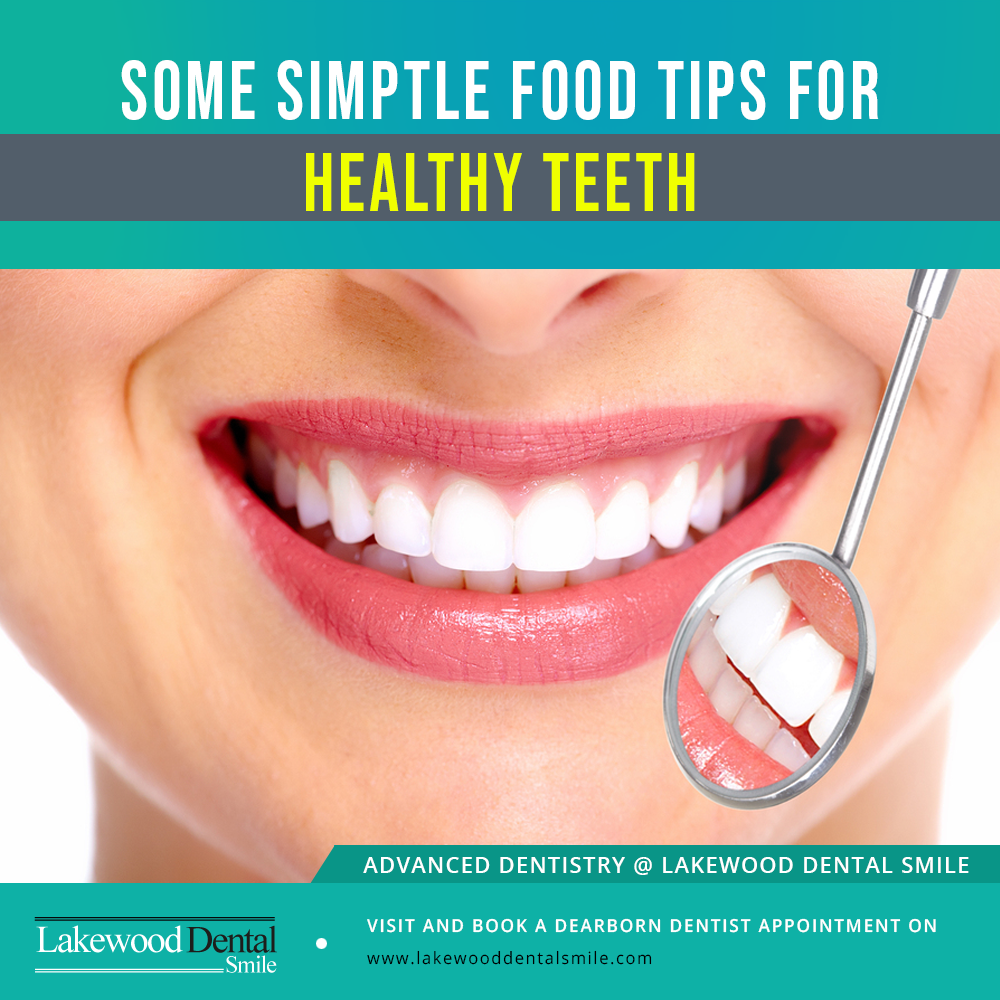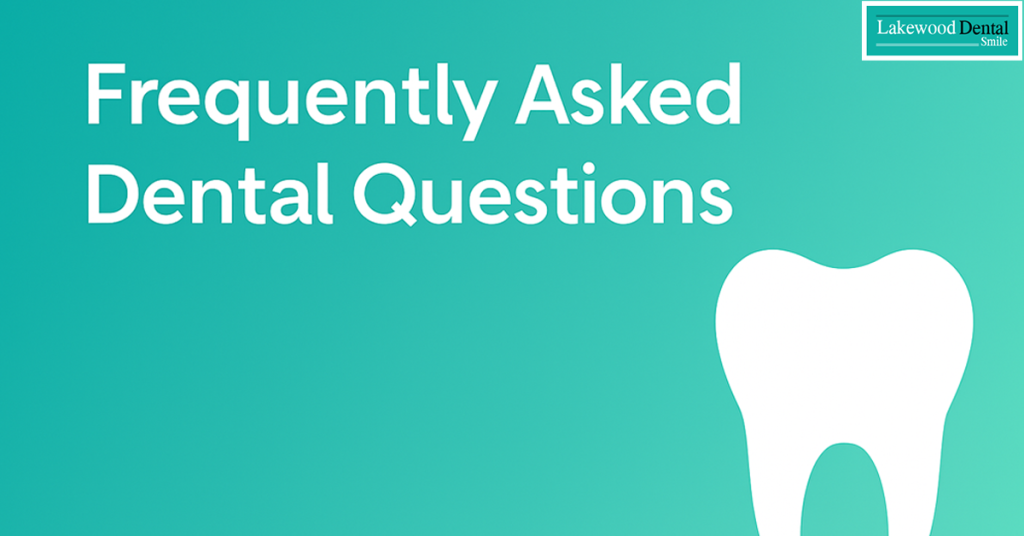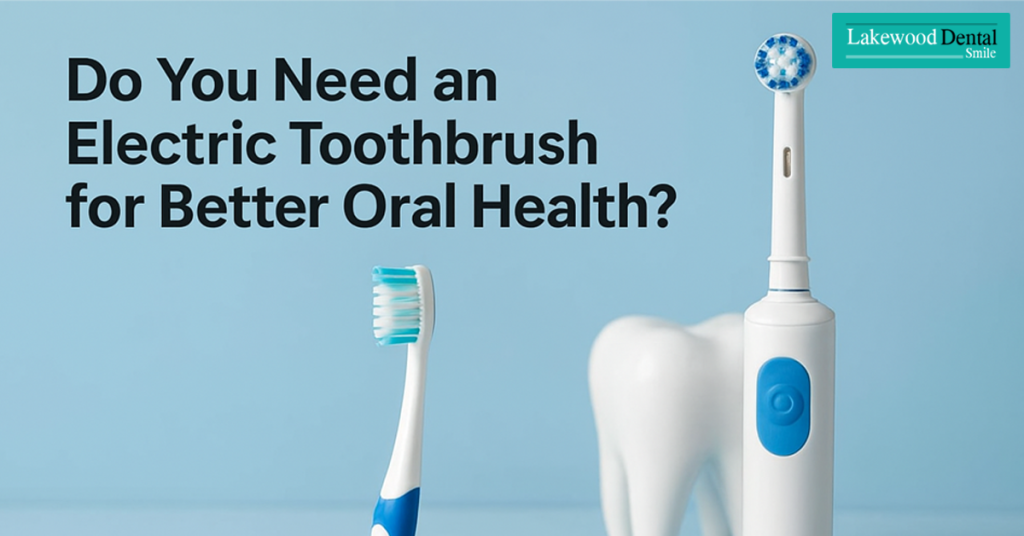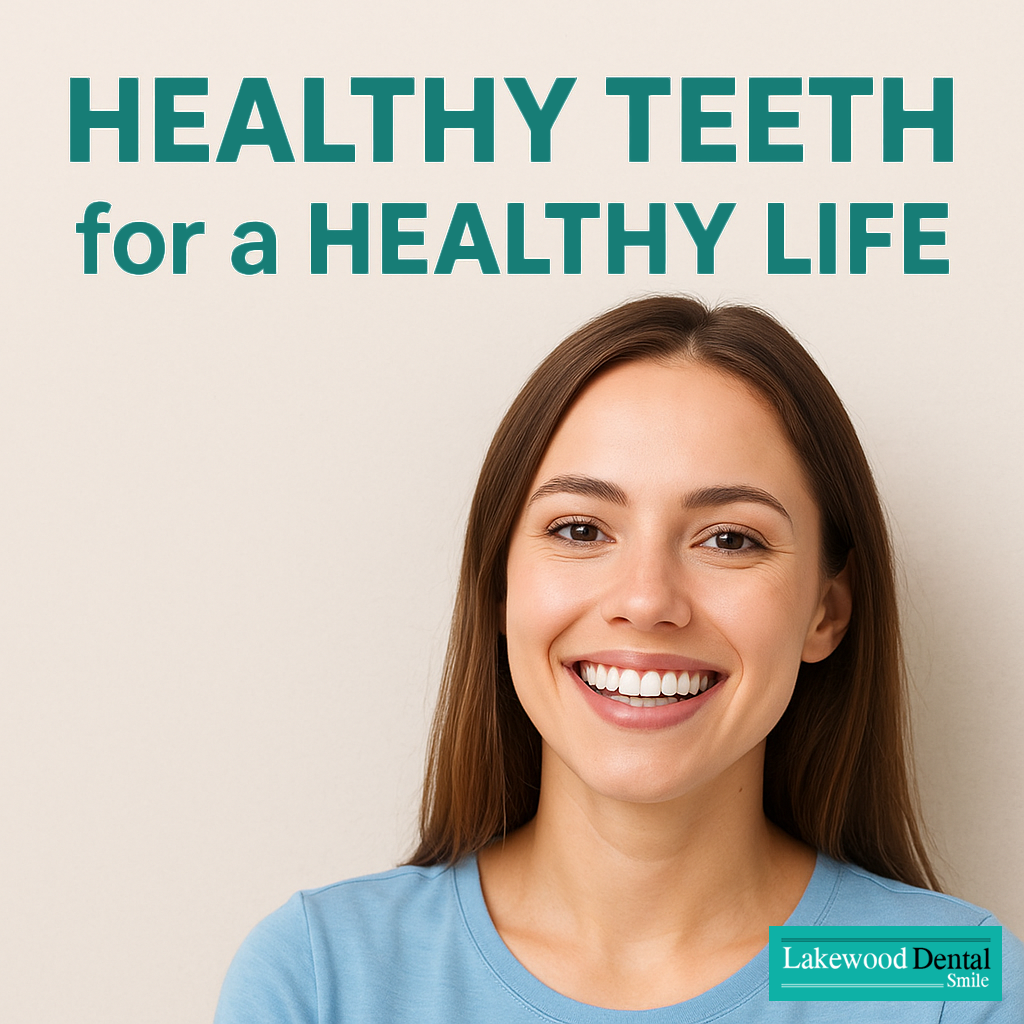Healthy foods for teeth are a powerful way to support your dental health beyond brushing and flossing. What you eat can directly affect your enamel, gums, and overall oral hygiene. Including certain natural foods in your diet strengthens your teeth, prevents cavities, and improves saliva production. In this guide, we highlight seven simple foods that can make a significant difference to your dental wellness and overall healthy foods for teeth routine. By combining these foods with proper brushing and regular dental check-ups, you can keep your smile bright and healthy. Let’s explore how these foods work in practice and why they deserve a place in your diet.

Procedure / Details
1. Seafood
Seafood is naturally rich in fluoride, which helps strengthen bones and teeth. Regular consumption of seafood ensures that fluoride is absorbed into your system, promoting stronger enamel and reducing the risk of decay. Examples include salmon, shrimp, and tuna, which also provide essential nutrients like omega-3 fatty acids, supporting overall oral health. Incorporating seafood into weekly meals can significantly improve your teeth’s resilience.
2. Tea and Gelatin
Both tea and gelatin contain natural fluoride, which protects enamel from decay. Black and green teas are especially helpful because they also contain antioxidants that reduce oral bacteria. Gelatin-based desserts, when consumed in moderation, can provide fluoride benefits without adding harmful acids to your teeth. Drinking tea after meals and including gelatin in snacks can enhance your oral care routine.
3. Dairy Products
Calcium is crucial for strong teeth, and dairy products like cheese, milk, and yogurt are excellent sources. Cheese, in particular, has low acidity and stimulates saliva production, which neutralizes harmful acids in the mouth. Additionally, certain proteins in cheese adhere to the teeth, providing a protective barrier against decay. Encourage kids to include dairy snacks as a substitute for sugary treats to maintain strong enamel.
4. Water
Drinking plenty of water helps wash away food particles and acids that contribute to decay. The “swish and swallow” method is especially helpful for children during school hours when brushing is inconvenient. Adequate hydration keeps your mouth moist, preventing bacterial growth that causes gum disease, bad breath, and cavities. Water is a simple yet essential component of daily oral care.
5. Sugar-Free Chewing Gum and Natural Candy
Surprisingly, certain candies and sugar-free gum can benefit teeth. Natural sugar in some sweets can reduce acid formation, lowering cavity risk. Sugar-free chewing gum stimulates saliva, which naturally cleans teeth of debris and bacteria. These snacks, when used appropriately, can complement regular oral hygiene and reduce the negative effects of occasional sugary treats.
6. Crunchy Vegetables
Vegetables like carrots, celery, and cucumbers act as natural toothbrushes. Their firm texture helps remove food particles and plaque while you chew. These crunchy snacks also increase saliva production, which neutralizes acids and prevents decay. Replacing processed snacks with fresh vegetables strengthens teeth while supporting overall nutrition.
7. Fresh Fruits
Fruits like apples and pears help clean teeth due to their fibrous nature. Eating these fruits after sugary meals can reduce the impact of acids and debris on enamel. Additionally, fruits provide vitamins and antioxidants that promote healthy gums and reduce inflammation. Incorporating a variety of fresh fruits in daily meals contributes to both oral and general health.
Benefits
- Stronger Teeth: Foods rich in fluoride and calcium strengthen enamel and prevent decay.
- Natural Cleaning: Crunchy fruits and vegetables help remove plaque and food particles naturally.
- Enhanced Saliva Production: Sugar-free gum, cheese, and certain fruits boost saliva, neutralizing acids and reducing bacterial growth.
Each benefit above demonstrates how diet and oral hygiene work hand in hand to protect your smile. By choosing the right foods, you not only nourish your body but actively safeguard your teeth.
Patient Scenario
Jane, a mother of two in Dearborn, Michigan, wanted to improve her children’s dental health without relying solely on toothpaste. By introducing a routine including dairy snacks, crunchy vegetables, and water throughout the day, she noticed fewer cavities during dental check-ups. The children enjoyed natural candies and fruits as rewards, making the routine sustainable. With healthy foods for teeth incorporated, Jane observed stronger enamel and happier, confident smiles in her kids. She credits guidance from Lakewood Dental Smile for creating a simple, practical plan.
Aftercare / Maintenance Tips
- Combine Diet with Brushing: After meals, brush gently with fluoride toothpaste to maximize benefits from healthy foods.
- Regular Dental Visits: Schedule check-ups at Lakewood Dental Smile every six months to monitor oral health.
- Hydration: Keep a water bottle handy to rinse away acids and maintain saliva flow throughout the day.
Incorporating healthy foods for teeth along with these practices ensures long-term oral health and reduces the risk of decay or gum problems.
Conclusion
Eating healthy foods for teeth is a simple yet effective way to support oral wellness. By including seafood, dairy, fruits, vegetables, and sugar-free gum in your diet, you can strengthen enamel, prevent cavities, and promote healthy gums. Combined with proper brushing, flossing, and regular visits to Lakewood Dental Smile, these foods help maintain a strong, bright smile for years to come. Start making small dietary changes today for healthier teeth tomorrow.




